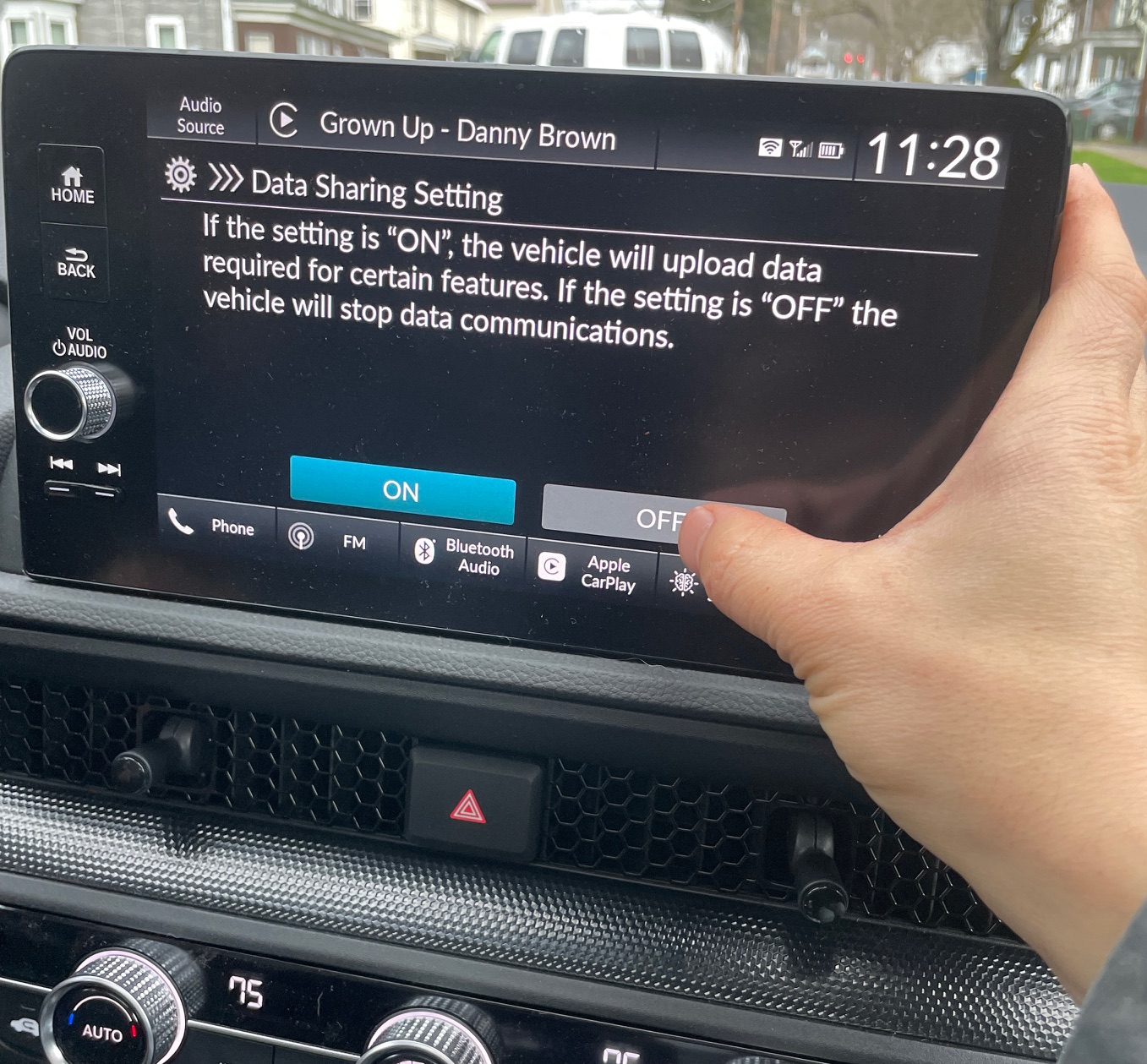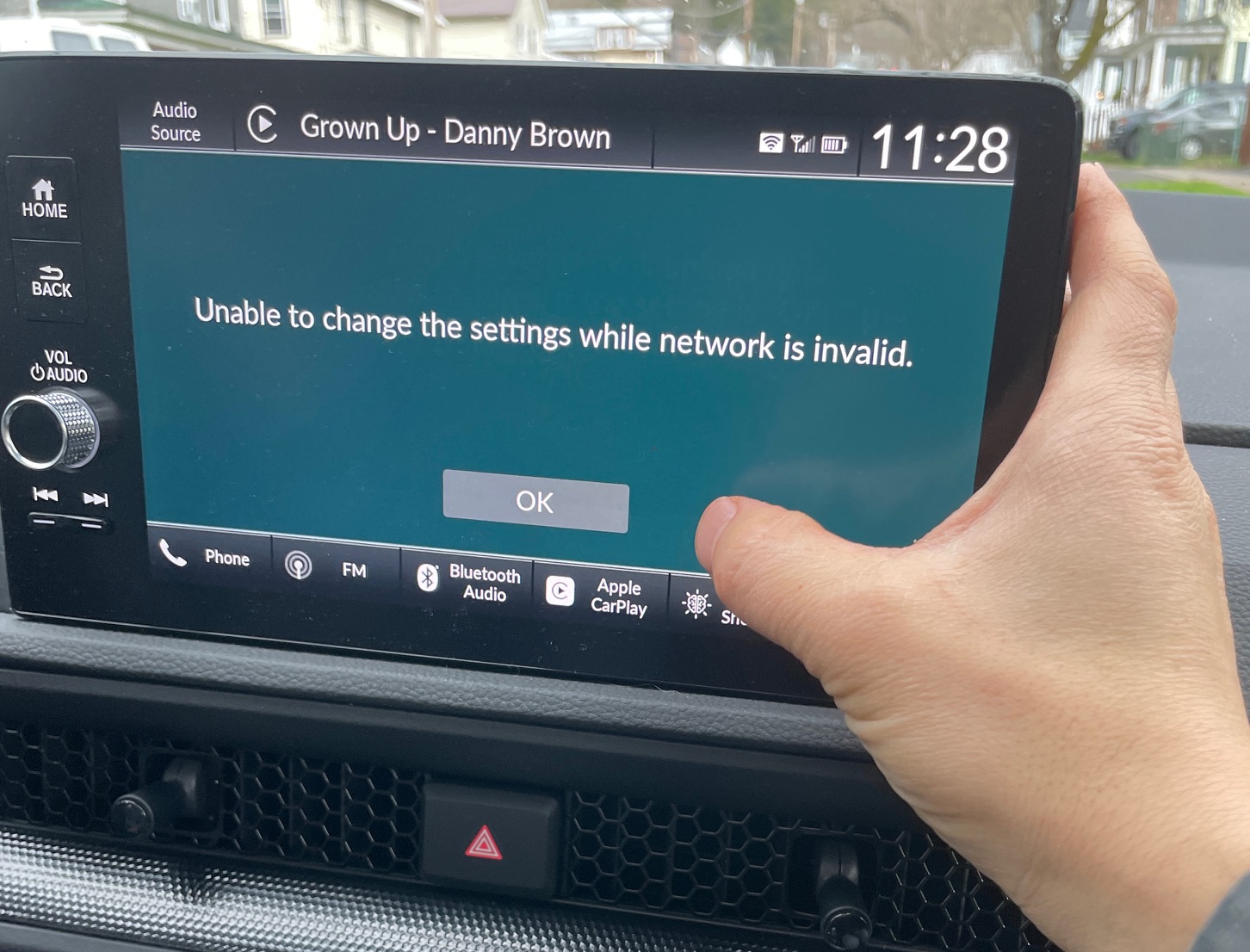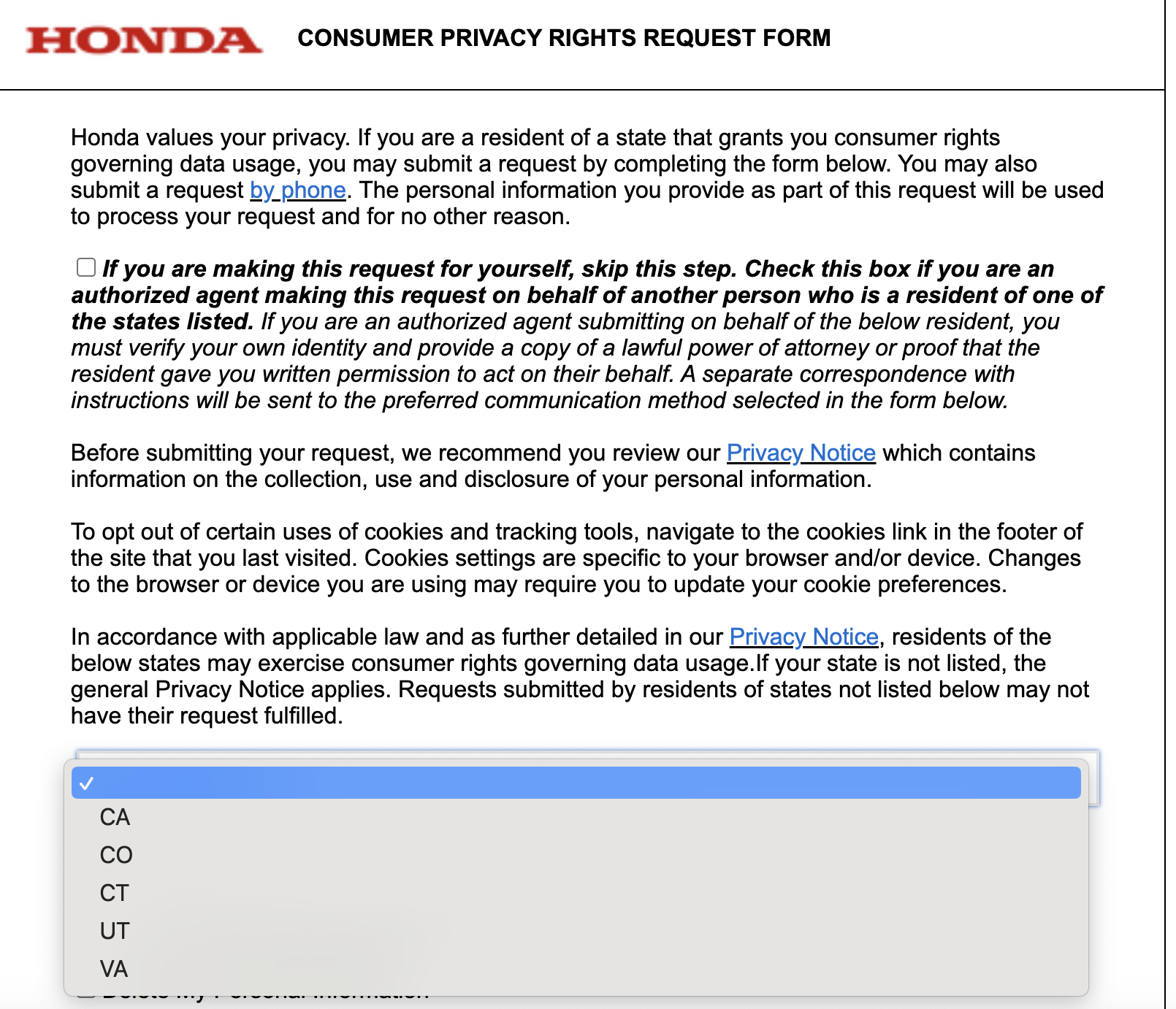

Modern cars gather vast personal data, raising privacy concerns and emphasizing the need for improved transparency and protections.
The modern automobile is often equipped with a range of technology that not only enhances the driving experience but also collects a vast amount of data from users. This has raised significant privacy concerns. The Mozilla Foundation has labeled cars as "surveillance machines on wheels," with a report indicating that all 25 car brands they reviewed failed to offer adequate privacy protections.
Automobiles today are equipped with an array of sensors, microphones, and cameras. These devices collect extensive data that far exceeds what is necessary for vehicle operation. The data scope can include personal details such as sex life, biometric data, demographic information, race, sexual orientation, and gender. Misha Rykov, a research associate at the Mozilla Foundation, has expressed concerns over the potential for cars to collect such sensitive information.
The collected data has various uses, some of which can have adverse consequences for the car owner. For instance, driving habits can be shared with insurance companies, leading to increased premiums. Law enforcement agencies can access this data without the owner's knowledge. Additionally, there is the potential for abuse, such as the tracking of an individual's whereabouts by a domestic abuser.
Turning off data collection is not a straightforward process. Users often find it difficult to navigate the complex settings and legal terms involved in managing their data preferences. For example, a new Honda owner reported receiving a notification about data sharing being active and the difficulty in turning it off, a process that took a month to resolve. Even after successfully disabling data sharing, the persistent notification on the car's screen serves as a "dark pattern," subtly encouraging the reactivation of data collection.
.jpg)
.jpg)
Car owners may face challenges in accessing the data collected from their vehicles. A Honda owner's experience highlights the obstacles in viewing or deleting their car's tracked data, with Honda's customer service expressing unfamiliarity with such requests. The issue is compounded by the fact that only residents of certain states have the legal right to access this information.

The Electronic Frontier Foundation (EFF) has likened the current state of car data collection to the early days of smartphones and Internet of Things devices, which faced similar privacy issues. Although there has been some progress, such as state and federal legislation aimed at protecting privacy, the problem persists. US Senator Ed Markey's inquiries into car companies' data practices have not yielded transparent responses, leading to a request for the FCC to investigate the issue further.
The collection and management of data by modern cars have become a privacy concern for consumers. The difficulty in managing data preferences, accessing collected data, and the opaque practices of car manufacturers highlight the need for increased transparency and consumer protection in this area.